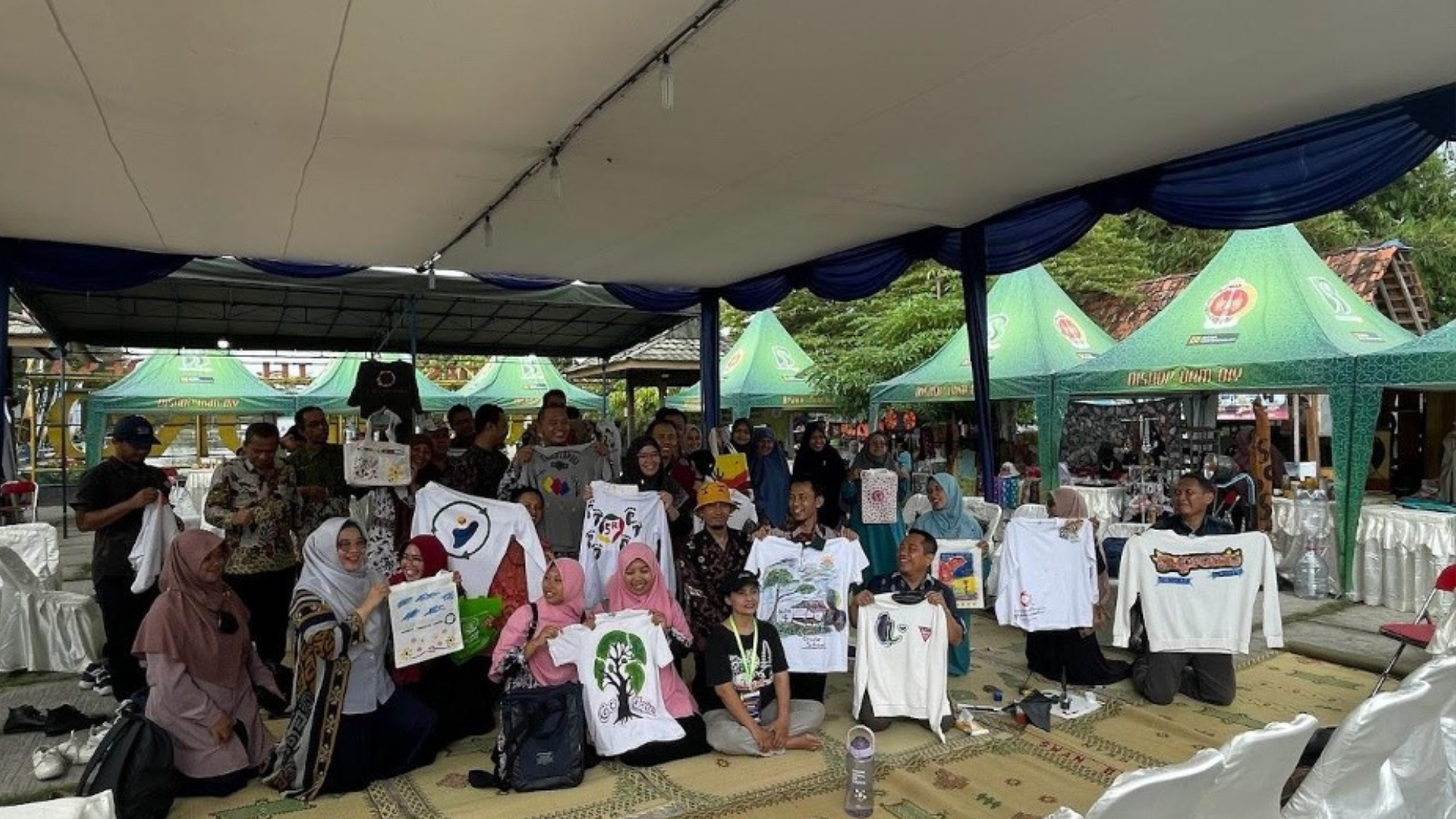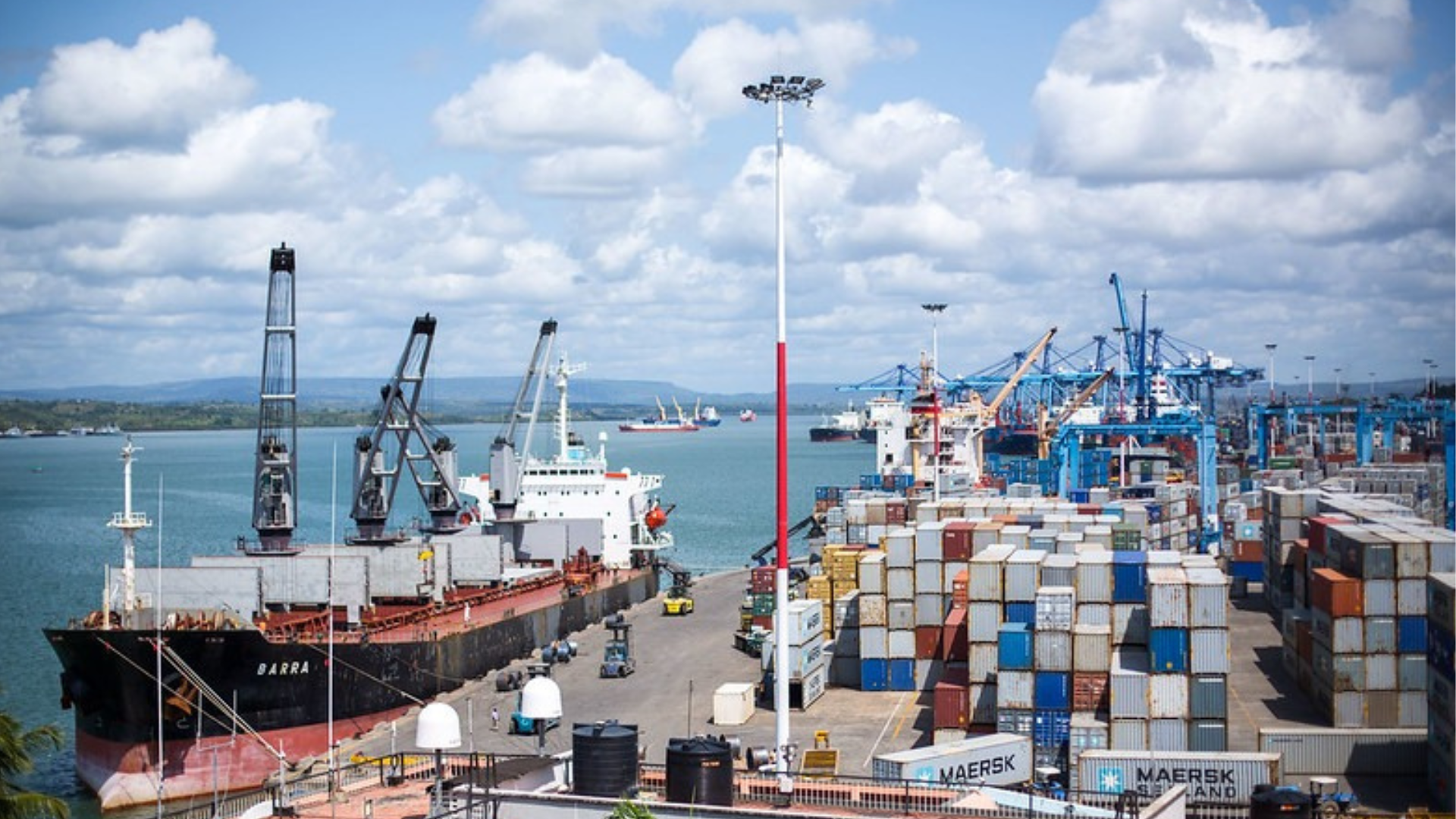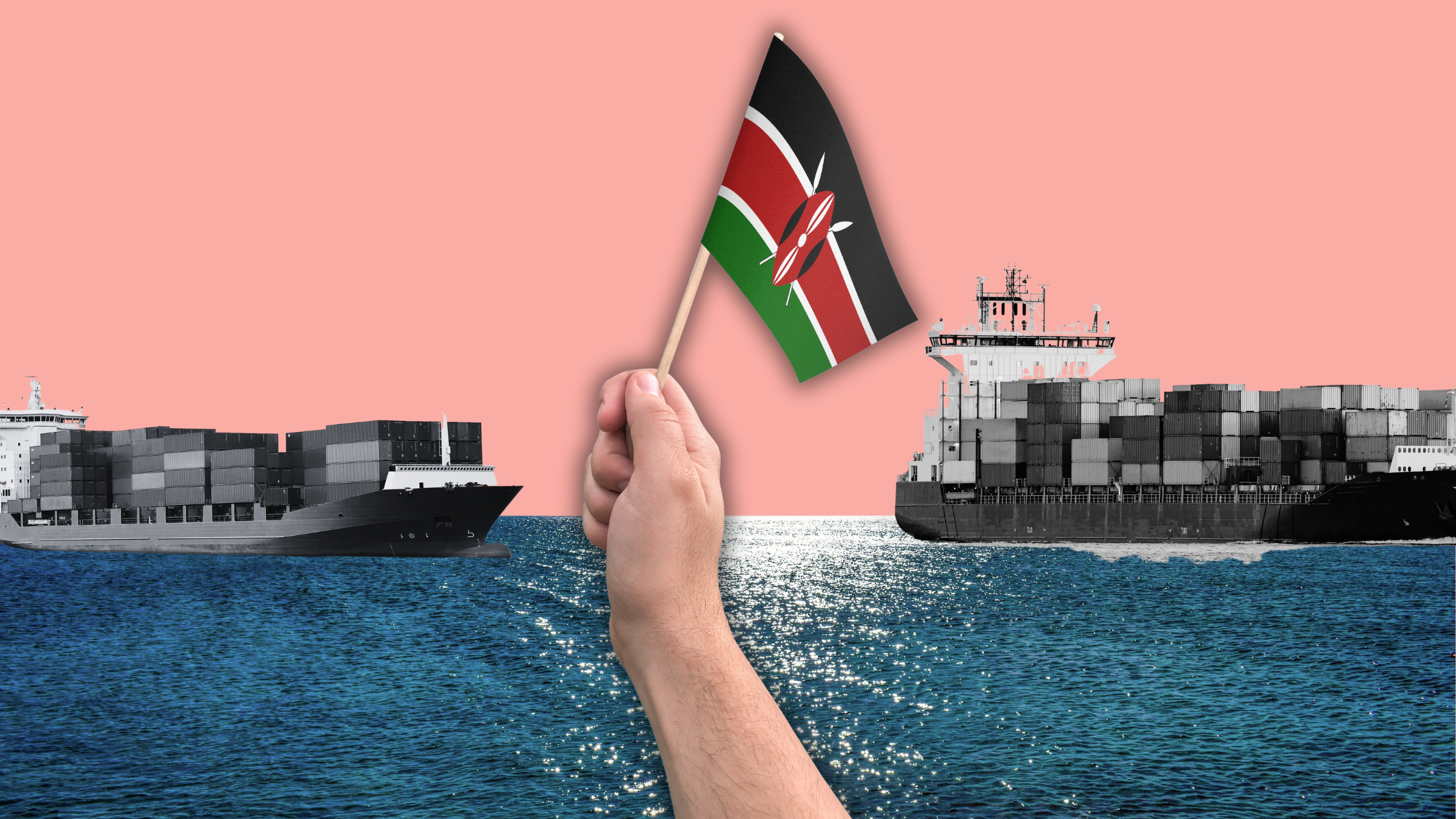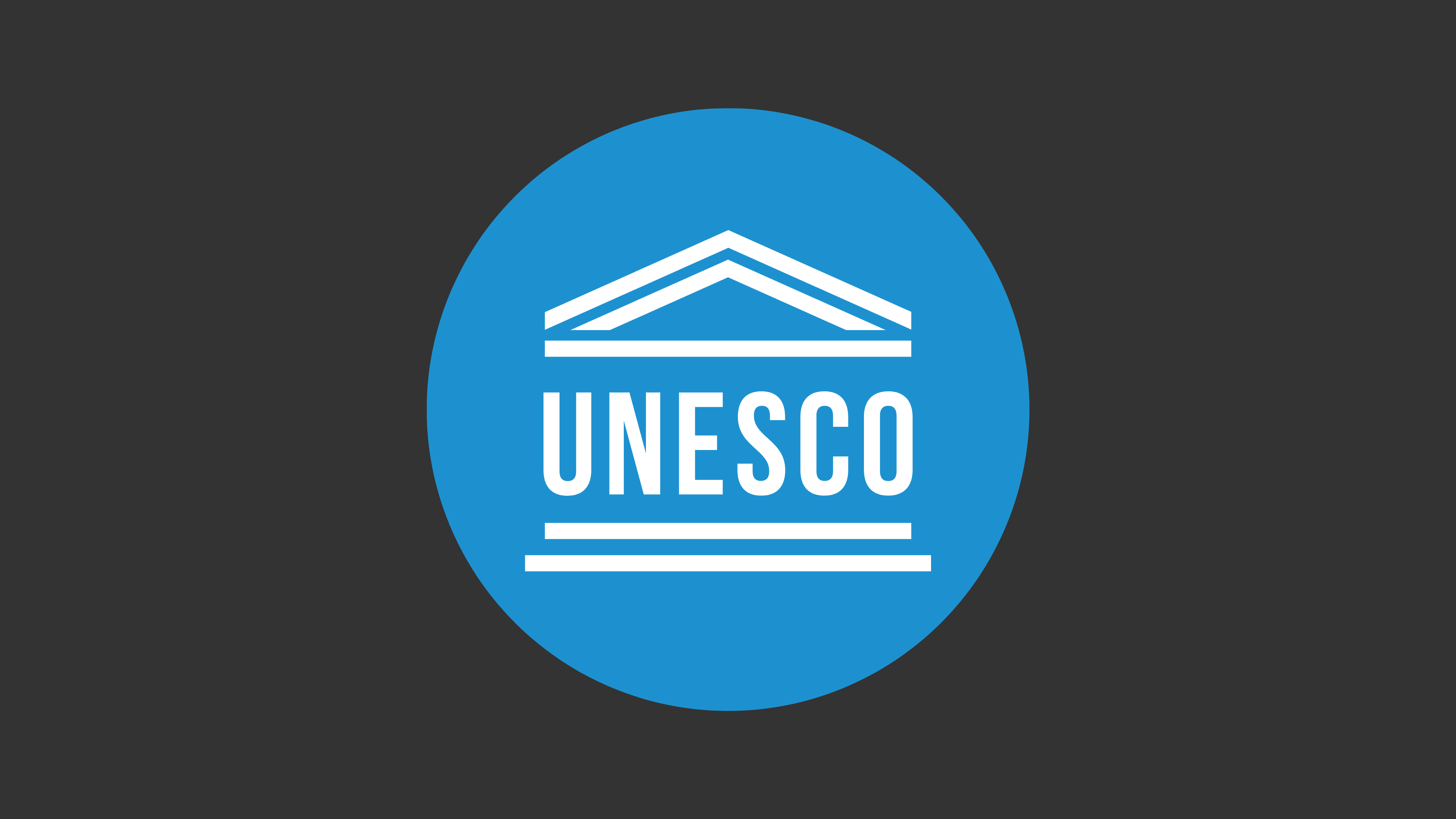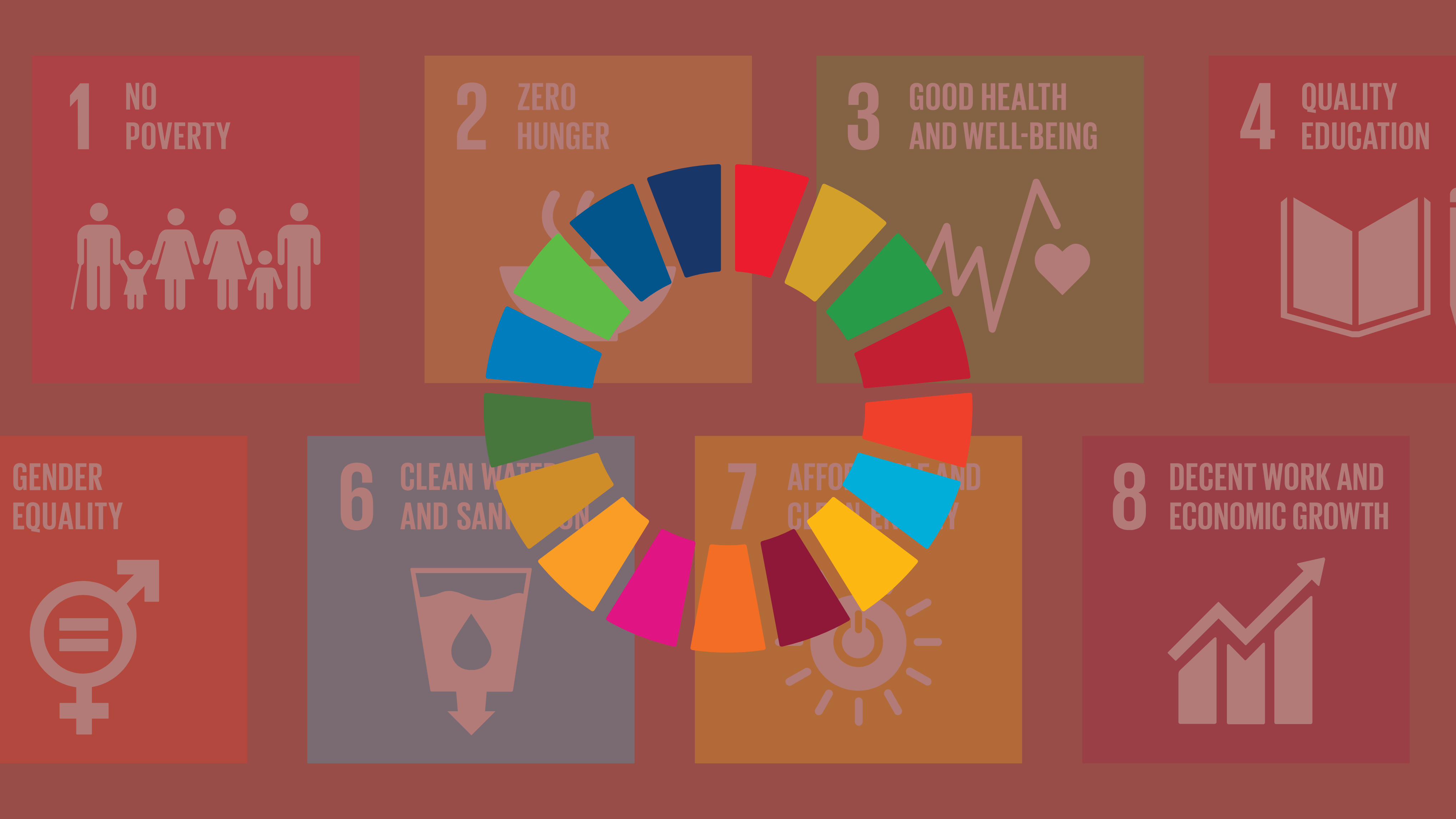The macro-financial weakness of Europe’s policy on EV manufacturing
By Cornel Ban
Observers of the Chinese EV ascendancy are correct in highlighting how China’s industrial policy, rare earth abundance, and subsidies have left Europe lagging in the race to electrify the automobile industry. Yet, their analysis misses three crucial financial dimensions underpinning China’s success in cleantech innovation and EV leadership.
Bridging the Gap: Mundane Circular Economy Policy in Indonesian Schools
By Suci Lestari Yuana and Maria Josefina Figueroa
In the pursuit of a sustainable future, the adoption of Circular Economy (CE) principles has become increasingly imperative. However, despite its theoretical emphasis, the practical integration of CE into daily activities remains a challenge. Our research project focuses on mainstreaming CE education through the agency of schools, aiming to bridge the gap between theory and practice.
How can port states in the Global South support maritime decarbonization? Insights from Kenya
By Hannah Elliott, Mwathi Kitonga, Fred Kung’u and Elvin Nyukuri Seaports are bustling gateways for trade and the growing blue economy, handling around 80 per cent of world trade. In the Global South, ports are viewed as key drivers of economic development, reflected, for example, in the massive increase in port infrastructure investment in Africa…
Wayúu Women Leading the Charge: Rethinking Green Energy Investments through a Decolonial Feminist Lens
Climate change is a pressing global issue that requires immediate action. As countries and multinational companies invest in green energy, it’s easy to assume that we’re making ethical choices. However, this is not always the case, green initiatives perpetuate a new form of colonialism, effectively making them green colonialism.
New Research Project on Environmental Maritime Governance in Kenya: Investigating Policies, Practices and Prospects for the Abatement of Air Emissions from International Shipping
By René Taudal Poulsen Although the international shipping industry accounts for nearly three per cent of global Greenhouse Gas emissions and is a major emitter of air pollutants, it was left out of the Paris Agreement in 2015. Due to the peculiarities of global ship operations and the high mobility of ships, the question of…
Going Against the Tide: Towards Binding Environmental Regulation of Mining in Chile
What happens when country moves from purely voluntary regulation towards binding laws? In our research paper we examine how the changes in Chilean environmental regulation affected the mining conflicts in the country.
Nature Based Human Development
The 2020 Human Development Report is entitled The Next Frontier: Human Development and the Anthropocene. Whilst previous reports have related to sustainability, the 2020 Report moves beyond this and places human development within Earth Systems science.
Resource Scarcity in the Energy Transition
In the context of the climate crisis and the pursuit of the Sustainable Development Goals (SDGs), the decarbonisation of production and energy models has been identified as a major goal for societies around the world.
Constructing governance to stop Brazilian deforestation
Deforestation to pave the way for agricultural expansion is a major global problem. This is particularly evident in Brazil, where deforestation has been making international headlines for decades. Deforestation threatens Brazilian ecosystems including the Amazon rainforest, which play a central role in global environmental processes.
A Green and Fair COVID-19 Recovery Plan
The COVID-19 crisis has made evident the limitations of existing thinking, preparedness and policy in relation not only to health pandemics but also to the sustainability challenges we face, locally and globally.
Making it to the World Heritage List: Envisioned and Hidden Effects
UNESCO’s World Heritage designation of places around the world has the honorable purpose of taking responsibility. Taking responsibility for the preservation of things that may otherwise be left unpreserved, and for which destruction would be a severe loss.
Five Ways the Private Sector Can Align with the Sustainable Development Goals
How can partnerships between the private sector, governments and NGOs help advance the UN’s Sustainable Development Goals (SDGs), and what’s the best way to measure the success of these collaborations?
How sustainable is ecotourism?
Tourism is a key driver of development, particularly in areas with rich environmental or cultural resources. The United Nations declared 2017 as the year of Sustainable Tourism for Development, but how sustainable is ecotourism?


